
By Seade CAESAR
Ghana and Qatar are entering a new phase of cooperation shaped by economic diplomacy, strategic investment interests, and the shifting geopolitical landscape between the Gulf and Africa. Recent high-level engagements particularly the visit by Ghana’s Foreign Affairs Minister to Doha signal that both countries are ready to expand their partnership beyond ceremonial diplomacy into a more practical, development-driven relationship. What is emerging is a broad framework that blends trade, investment, labour mobility, security partnership, and digital transformation.
A New Era of Economic Diplomacy

Ghana’s recent diplomatic outreach to Qatar reflects a stronger, more intentional approach to economic diplomacy as a core pillar of its foreign policy. The Foreign Affairs Minister’s official visit to Doha signaled Ghana’s commitment to attracting long-term, high-value investments that support national development goals in infrastructure, industrialization, health, and digital transformation.
Qatar, which is diversifying beyond hydrocarbons and expanding its global investment footprint, has shown heightened interest in Ghana through sovereign wealth channels and private-sector partnerships. Discussions now span several high-impact sectors, including infrastructure and smart cities, aviation, health and education, real estate, tourism, renewable energy, LNG, and digital governance. Recent engagements also emphasized labour mobility, visa easing, and security cooperation, demonstrating growing political trust. Together, these developments mark the beginning of a deeper, more structured Ghana-Qatar partnership built on shared economic priorities and mutual strategic interests.
Unlocking Investment and Trade Opportunities
Qatar’s interest in Ghana is growing at a time when opportunities for large-scale investments in West Africa are expanding. Discussions have included possible Qatari involvement in Ghana’s new city project, western corridor rail network, regional hospitals, and gold refinery initiatives. The potential is significant: Qatar’s sovereign wealth portfolios are among the world’s largest, and their investment model focuses on stable economies with strong growth prospects.
For Ghana, attracting Qatari capital can help close long-standing infrastructure gaps, boost logistics capacity, and accelerate transformative projects that would otherwise take decades to finance domestically. Private-sector cooperation is also strengthening, with plans for a Ghana-Qatar Business Forum and discussions around establishing a Ghana-Qatar Chamber of Commerce to facilitate trade and investment.
Labour Mobility: A Major Economic Opportunity
Labour mobility has become one of the strongest pillars of the recent diplomatic engagements between Ghana and Qatar. During the Foreign Minister’s official visit to Doha, Qatar confirmed its commitment to operationalizing the Labour Cooperation Agreement, which it has already ratified. The agreement outlines structured pathways for Ghanaian professionals to work in Qatar in sectors such as health, aviation, IT, construction, logistics, and hospitality. Qatar’s leadership made it clear that they value Ghana’s skilled workforce and see Ghana as a reliable partner for filling emerging talent gaps across the Gulf.
For Ghana, this presents a long-term economic opportunity through job creation, higher remittances, skills transfer, and stronger people-to-people ties. Negotiations on visa easing including the proposal for a Qatari visa center in Accra are designed to support this mobility. If fully implemented, the labour partnership could become one of the most impactful outcomes of Ghana’s renewed diplomacy with Qatar.
Visa Easing and Mobility as Tools for Growth
Recent diplomatic engagements between Ghana and Qatar have placed strong emphasis on easing visa procedures to support economic cooperation and labour mobility. During the Foreign Minister’s visit to Doha, both governments discussed streamlined entry requirements, faster processing times, and the establishment of a Qatari visa center in Accra to serve Ghana and the wider West African region. These reforms aim to reduce travel barriers for investors, skilled workers, tourists, and business delegations. Improved mobility will make it easier for Ghanaian professionals to access job opportunities in Qatar and encourage Qatari businesses to explore investment prospects in Ghana.
Security and Geopolitical Cooperation
Recent diplomatic engagements between Ghana and Qatar show a growing interest in strengthening security cooperation as part of a broader strategic partnership. During the latest high-level talks in Doha, both countries explored avenues for collaboration in conflict mediation, peacekeeping support, and intelligence exchange. Qatar’s established role as a mediator in regional and global conflicts aligns well with Ghana’s respected peacekeeping record and commitment to regional stability. The discussions also highlighted opportunities for defense training, counter-terrorism cooperation, and joint participation in international security dialogues. These steps position both nations to contribute more effectively to global peace and regional resilience.
Digital Transformation and Public Sector Modernization
Recent diplomatic discussions between Ghana and Qatar placed strong emphasis on digital governance as a new pillar of cooperation. Qatar’s leadership in AI-driven public services highlighted by its world-first AI-powered building permit system offers a practical model Ghana is eager to study. During the ministerial visit to Doha, both sides explored collaboration in e-government platforms, smart infrastructure, digital identity systems, and data-driven public service delivery.
Ghana sees Qatar’s digital ecosystem as a pathway to modernize its own public sector, reduce bureaucracy, and improve service efficiency. These engagements signal a shift toward technology-led diplomacy with direct benefits for national development.
Tourism and Hospitality: A Shared Growth Path
Recent diplomatic engagements between Ghana and Qatar have positioned tourism and hospitality as a promising area for deeper collaboration. Qatar’s expanding global portfolio in luxury tourism including its multibillion-dollar coastal developments in Egypt signals clear potential for similar investments in Ghana.
Destinations such as Akosombo, the Volta Lake corridor, and emerging resort zones present attractive opportunities for Qatari developers seeking new African markets. Discussions during the ministerial visit highlighted eco-tourism, marina development, wellness retreats, and integrated resort models as areas of mutual interest. Enhanced air connectivity, joint promotion of Gulf-Africa tourism routes, and shared expertise in high-end hospitality can help Ghana raise industry standards, boost visitor numbers, and position the country as a preferred leisure destination for Gulf travelers.
Positioning Ghana for Maximum Benefit
With Qatar already ratifying the labour cooperation framework, Ghana’s priority is to complete its internal processes and operationalize deployment pathways. Implementing this agreement will open structured job opportunities for Ghanaian professionals in aviation, health, IT, tourism and logistics, directly aligning with commitments expressed during the recent ministerial visit to Doha.
Push for the establishment of a Ghana-Qatar Chamber of Commerce
The growing interest from Qatari investors makes a joint chamber essential. It will serve as a formal bridge connecting Ghanaian businesses with Qatari companies, easing market access, information exchange and trade missions. Diplomatic discussions in Doha emphasized private-sector collaboration, making this an ideal moment to institutionalize the partnership through a formal chamber.
Prioritize high-value Qatari investments aligned with national development plans
Qatar expressed interest in Ghana’s major projects including the new city, rail corridors, hospitals, and gold processing facilities. Ghana can streamline approvals for these investments and match them to national priorities. Targeting strategic sectors will ensure that emerging diplomatic goodwill translates into impactful, long-term infrastructure and economic growth.
Build joint committees to monitor and facilitate investment commitments
Diplomatic engagements often produce MoUs that stall without consistent follow-up. Creating joint Ghana-Qatar implementation committees will ensure that investment discussions such as infrastructure finance, tourism partnerships, and smart-city cooperation are monitored, evaluated and advanced. These committees would also troubleshoot delays and keep both governments aligned on timelines and deliverables.
Strengthen regulatory transparency to attract long-term Gulf capital
Qatari investors prioritize predictable environments for capital deployment. Ghana can leverage the diplomatic momentum by improving clarity on land administration, permitting, tax policies, and PPP frameworks. During the Doha engagements, investors emphasized ease of doing business; enhancing transparency will reinforce Ghana’s credibility and attract sustained Gulf inflows.
Develop frameworks for digital cooperation and smart infrastructure
Qatar’s leadership in AI-driven public services highlighted by its new AI-powered building permit platform offers Ghana a chance to collaborate in digital governance. Establishing bilateral digital transformation frameworks can support e-government reforms, smart-city pilots, and ICT capacity building. This aligns with discussions on modernizing governance through technology during recent diplomatic interactions.
Promote Ghana as the Gulf’s gateway to West Africa
Recent diplomatic exchanges positioned Ghana as a stable, business-friendly entry point into the West African market. To reinforce this, Ghana can develop targeted investment pitches, expand air connectivity, and highlight its regulatory stability. Presenting itself as the Gulf’s preferred West African hub will attract more Qatari interest in logistics, trade, and tourism.
Conclusion
Ghana and Qatar are aligning at a pivotal moment when both countries are seeking new growth pathways. For Ghana, the partnership offers a unique mix of investment, technology, employment opportunities, and diplomatic collaboration. For Qatar, Ghana provides a stable entry point into West Africa’s growing market. Strengthening this relationship through economic diplomacy, labour mobility, digital cooperation, and strategic investments can play a vital role in Ghana’s development agenda.
If managed well, Ghana-Qatar relations could become one of the defining Gulf-Africa partnerships of the decade with lasting benefits for citizens, businesses, and governments on both sides.
The post Deepening Ghana-Qatar strategic relations appeared first on The Business & Financial Times.
Read Full Story

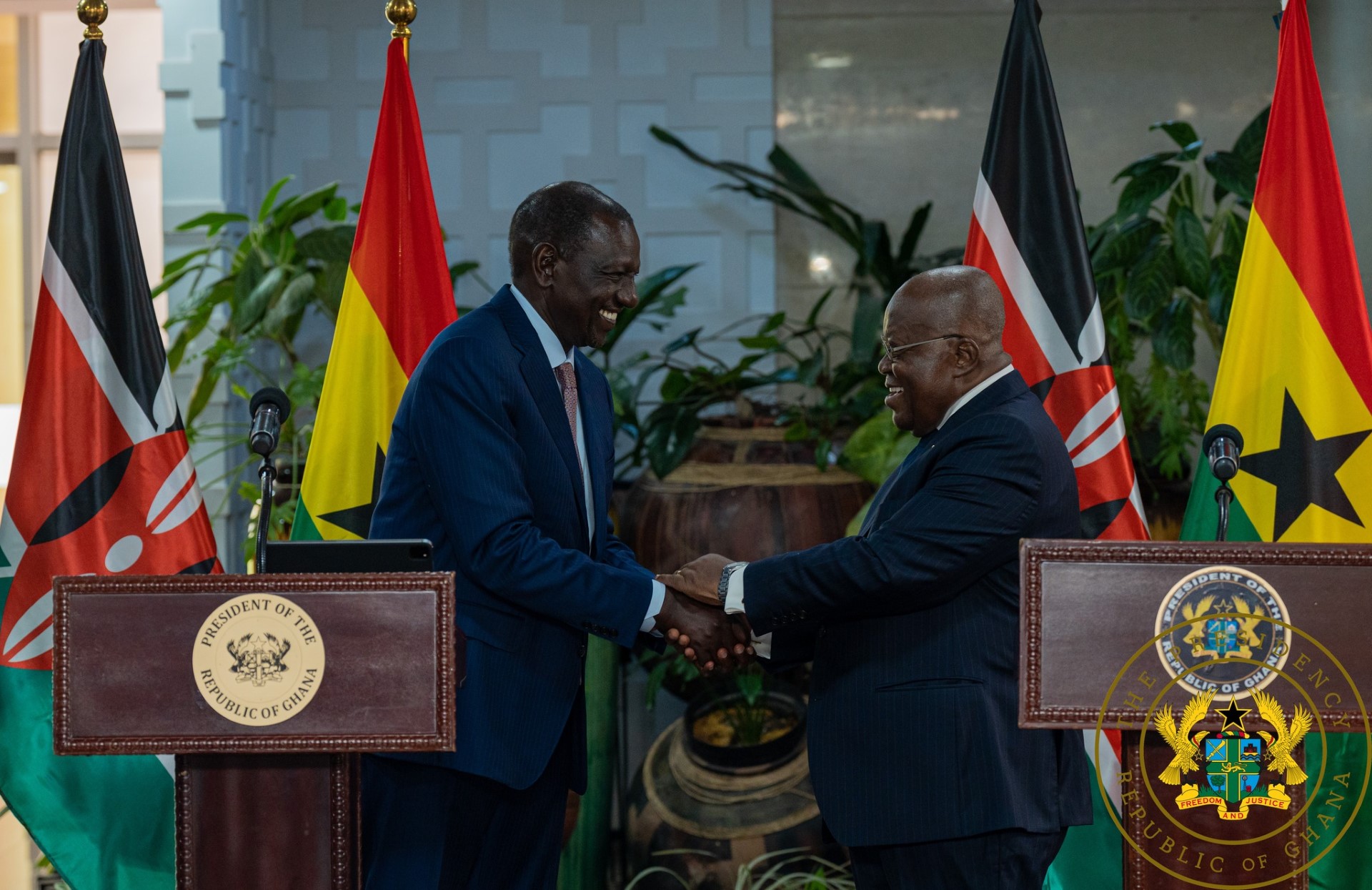


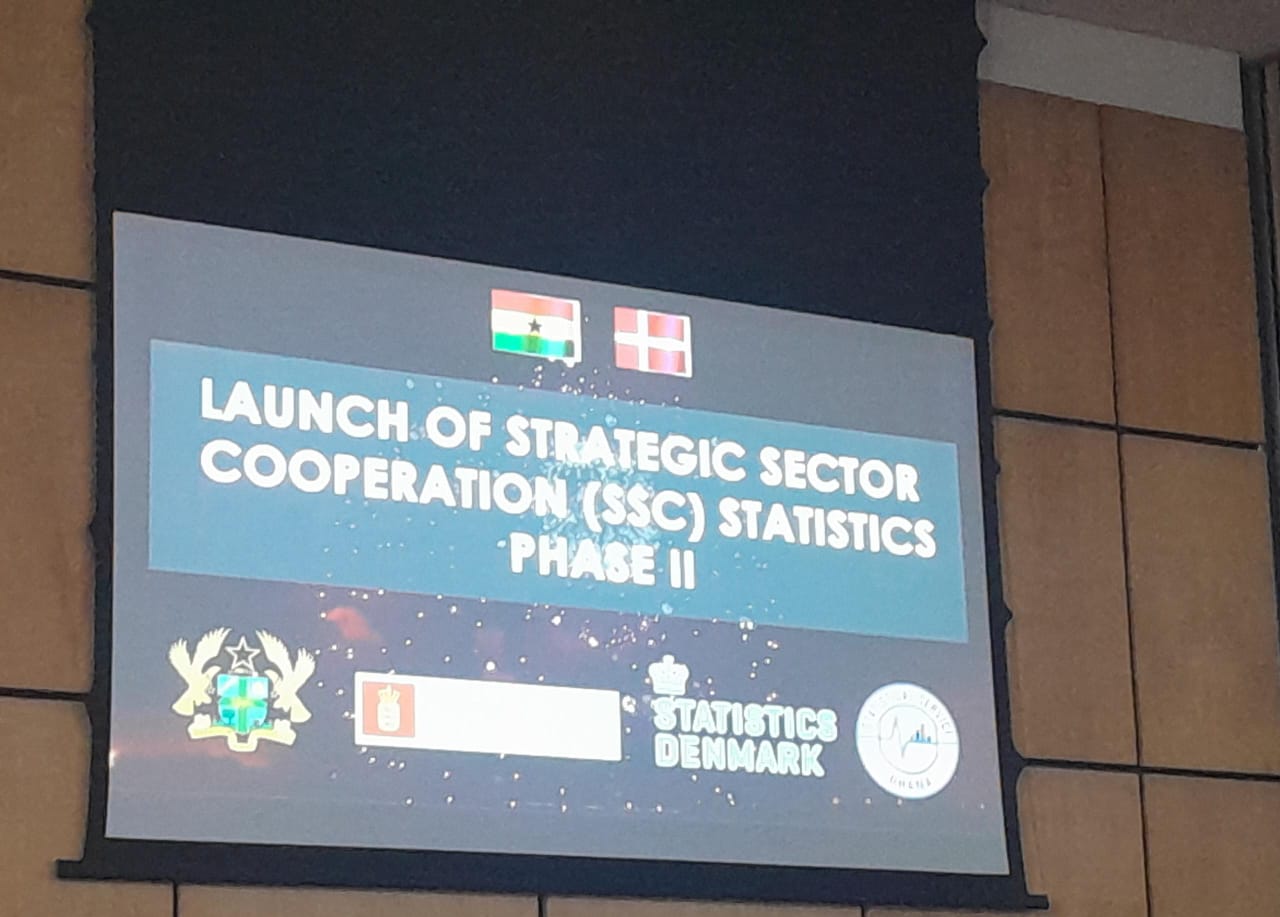



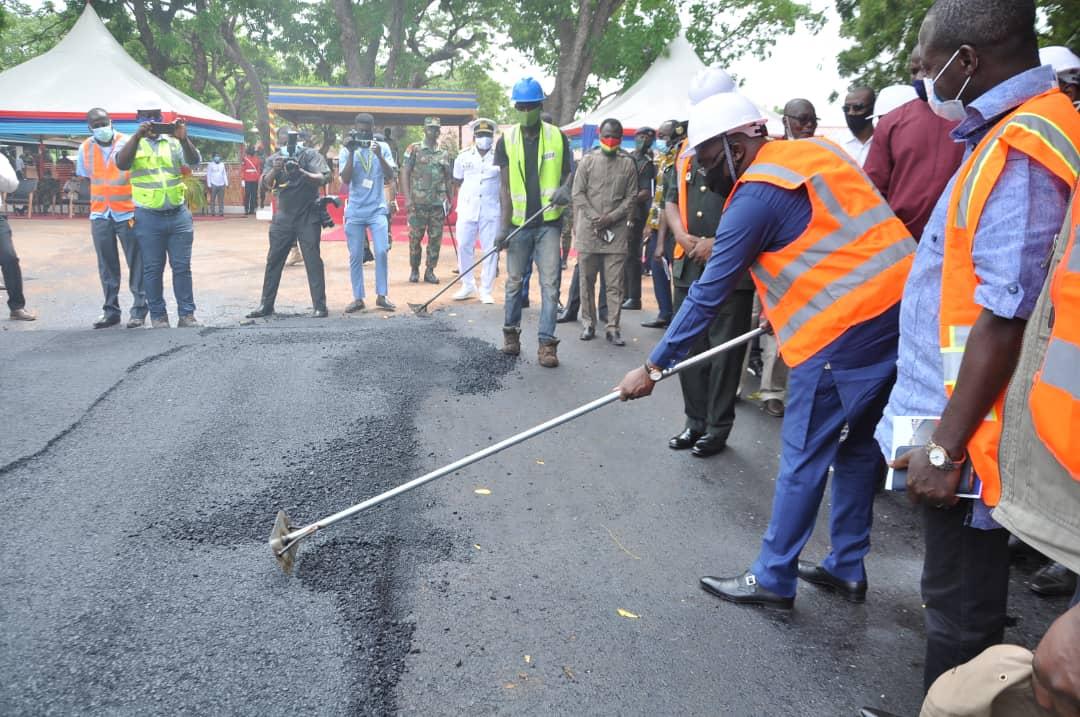
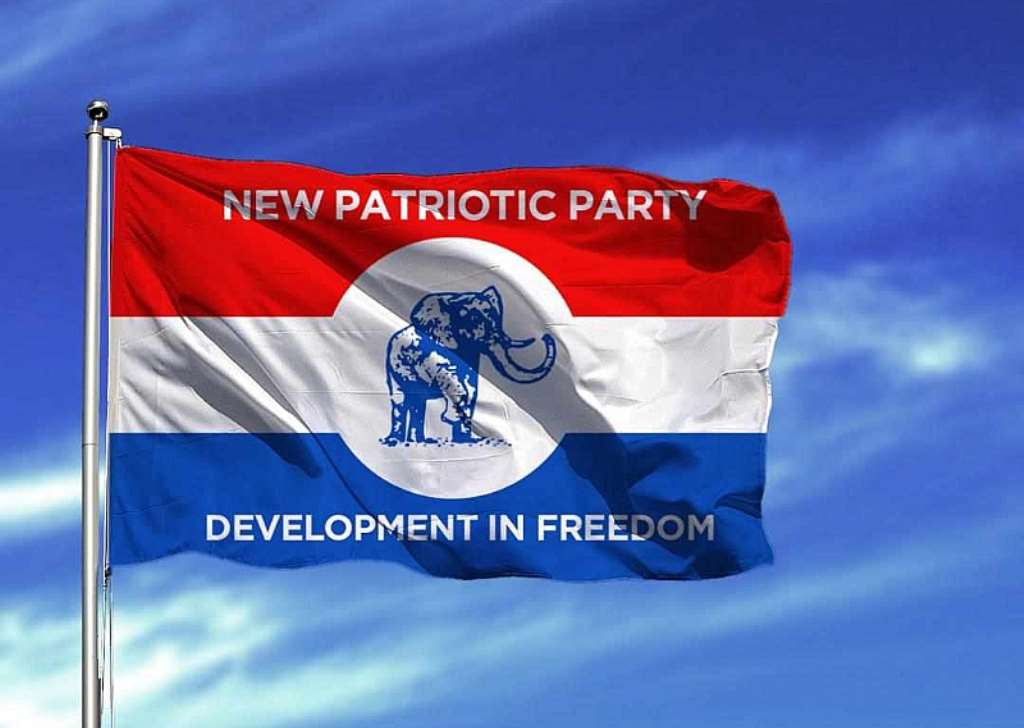








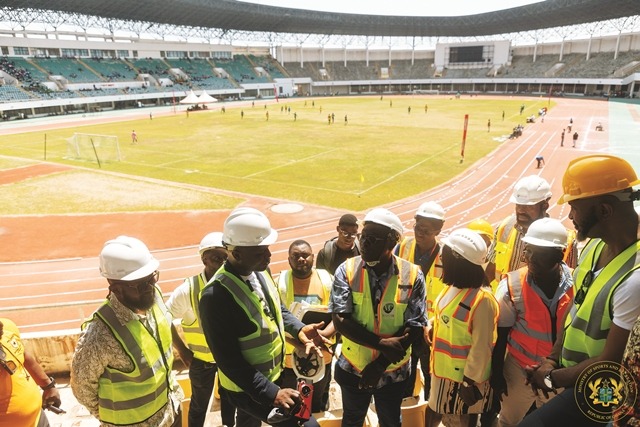
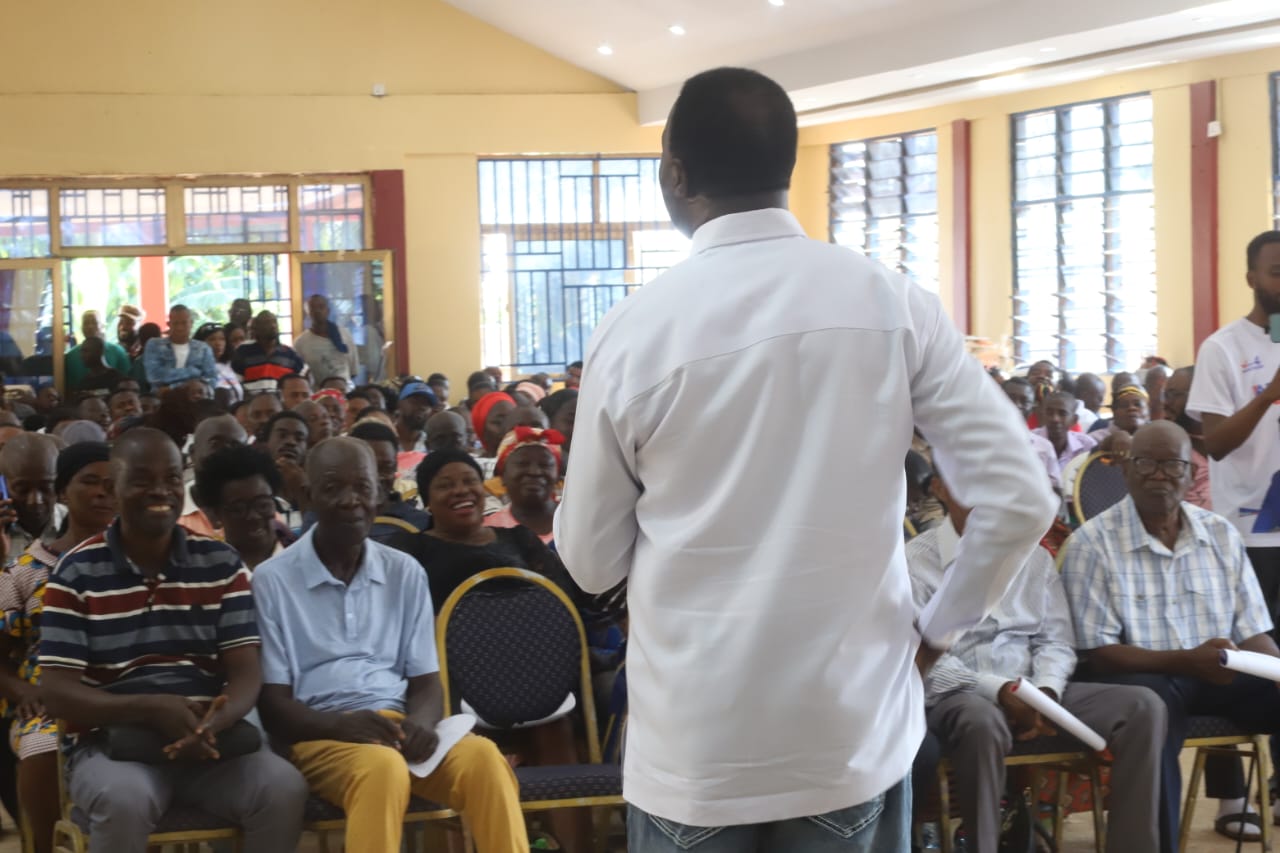

Facebook
Twitter
Pinterest
Instagram
Google+
YouTube
LinkedIn
RSS